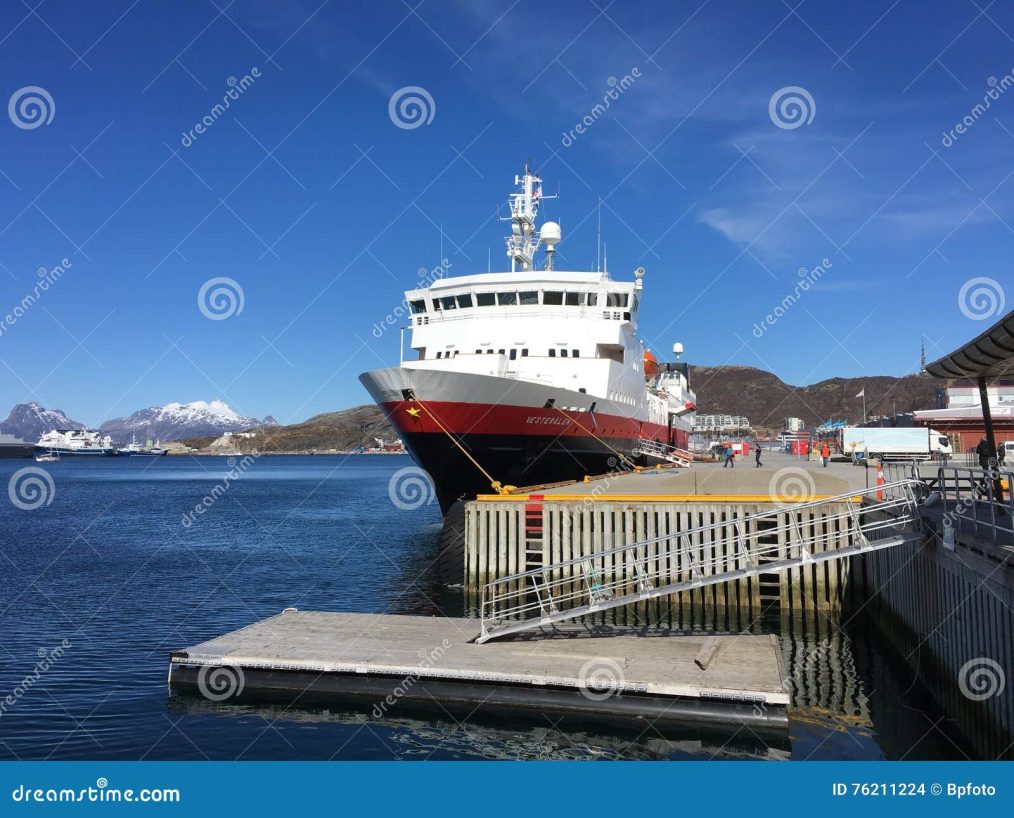
Norwegian Police Seize Russian-Crewed Ship Over Baltic Sea Fibre Cable Damage
The Krakow Post
Norwegian authorities have seized a Russian-crewed vessel, the Silver Dania, on suspicion of causing “serious damage” to a fibre cable in the Baltic Sea between Latvia and Sweden. The ship was brought into the port of Tromsø, Norway, for investigation on Friday, January 31, 2025.
The Seizure
Norwegian police located the Silver Dania on Thursday evening.
- The ship was escorted into the port of Tromsø on Friday morning.
- Although the ship is Norwegian-registered and Norwegian-owned, its crew consists entirely of Russian nationals.
The Investigation
Authorities are conducting a thorough investigation into the ship’s potential involvement in the cable damage.
- Police are searching the vessel, conducting interviews, and securing evidence.
- The Silver Dania was reportedly sailing between St. Petersburg and Murmansk in Russia when the incident occurred.
Owner’s Statement
The Silver Sea shipping group, owners of the Silver Dania, have denied any involvement in the damage to the fibre cable.
- Tormod Fossmark, CEO of Silver Group, stated that authorities had not found any concrete links connecting the ship to the damaged cable.
- Despite the investigation, the crew has been allowed to prepare the vessel to set sail again on Friday night.
Previous Incidents
The Silver Dania seizure is part of a broader pattern of similar incidents.
- Just last week, the Swedish Public Prosecutor’s Office boarded another ship suspected of damaging a communications cable between Sweden and Latvia.
- Such incidents have been increasing since late 2022, leading to growing concerns over potential sabotage.
Russia’s Response
Russia has denied any allegations of involvement in underwater cable sabotage.
- The Russian Embassy in London dismissed the accusations, instead claiming that NATO is using the issue as a pretext for increasing its naval and air force presence in the region.
As investigations continue, authorities in Norway and other Baltic nations remain on high alert, closely monitoring maritime activities that could threaten critical infrastructure.



